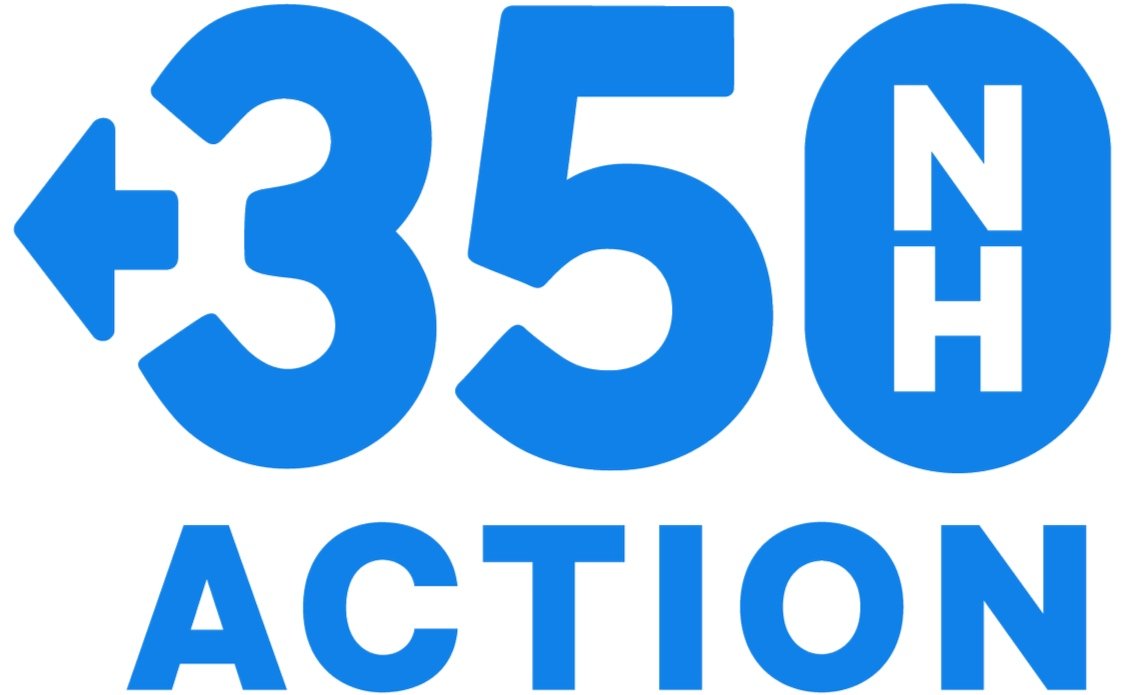No More Fracked Methane Gas Pipelines
350NH ran a fierce grassroots campaign to stop the proposed 27 mile Granite Bridge fracked gas pipeline and we won in 2020!
Liberty Utilities Granite Bridge fracked gas pipeline threatened the health and safety of our communities. It would have cost New Hampshire ratepayers hundreds of millions of dollars and contributed to billions of dollars in damages caused by catastrophic climate change. New Hampshire does not need any more gas pipelines to meet our energy needs, and we will fight any new pipeline proposals that arise.
Why No Granite Bridge?
ECONOMICS: The Granite Bridge would have cost New Hampshire Ratepayers $440 million dollars which includes a 9% to 10% return for Liberty Utilities’ investors. This means that Ratepayers, NOT Liberty Utility would be forced to pay off this massive investment even after costly gas projects have been replaced by cleaner cheaper energy sources.
New Hampshire wastes valuable tax payer dollars buying dirty energy from out of state. We can keep jobs and dollars in New Hampshire by using clean local energy production.
HEALTH: Pipelines leak and explode, threatening the health and safety of our communities and our natural environment. The Granite Bridge pipeline would have passed underneath the Lamprey River and within less than a mile of lake Massabesic, a crucial water source for the people of Manchester. The proposed storage tank would have been in a working class residential neighborhood in Epping, across the street from a child care facility and in proximity to homes, commuter ways and local businesses.
CLIMATE: "Natural gas" is primarily methane and it comes from fracking. Methane gas causes climate change at over 80 times the rate of carbon dioxide. Building the Granite Bridge would have locked us into burning fracked methane gas for decades to come. The climate crisis is already causing irreversible damage to NH's coasts, our winter sports industry and to our farmers and will cost our state billions of dollars in losses to critical municipal facilities, roads and property We can protect our communities by investing in local clean energy production.
ENERGY DEMOCRACY: We believe that local communities have a right to be part of the decisions about their energy future. The regulatory decision making process for the Granite Bridge intentionally excluded individual towns and residents. Our elected officials have been bought by the fossil fuel industry and our regulatory agencies were not designed to take climate change and environmental justice into account.
SAFETY: Liberty Utilities has an atrocious safety record. They have already been fined tens of thousands of dollars for safety and maintenance violations in New Hampshire. The proposed Granite Bridge Pipeline project would have been 500 times larger than any project they currently manage.
Our Campaign
350NH led a successful grassroots campaign to stop the Granite Bridge fracked gas pipeline. We hosted information sessions, trained volunteers, canvassed, passed local ordinances, organized climate strikes, and pressured elected officials to oppose the pipeline until the project was finally defeated in July 2020.
From day one, the Granite Bridge was about making money for Liberty Utilities, not about meeting the needs of Granite Staters. Liberty Utilities wasted 9 million dollars on the failed project and immediately tried to pass that cost on to ratepayers.
HUGE THANKS to all of the amazing and dedicated volunteers and community members who made this win possible.
FAQ
isn’t natural gas a clean alternative to oil or coal?
“Natural Gas” is methane and the majority is sourced from the fracking fields of the Appalachian basin. Methane gas is not “Clean” and it is not a “Bridge Fuel”. Methane gas contributes to the Greenhouse gas effect (climate change) at over 80 times the rate of Carbon Dioxide. We have the affordable renewable technology that we need.
Will This pipeline lower my energy bill?
Liberty Utilities claimed that building the Granite Bridge Pipeline and LNG storage tank was cheaper than updating the Concord Lateral Pipeline. First of all, there is significant speculation as to whether or not the Concord Lateral Pipeline needs to be updated at all. Experts say that it is currently running well under capacity. Liberty Utilities ratepayers would have payed the $440 million dollars to build the Granite Bridge.
Are people going to be cold in the winter if we don’t build the granite bridge?
No. Pipelines are not currently running at capacity and therefore can easily meet our energy demands. We have better, cheaper, cleaner options. The gas in the proposed pipeline was not even being guaranteed to communities along the pipeline route because the cost to run individual gas lines to houses is prohibitive and these communities have other utility providers. This line about being cold in the winter is propaganda and fear mongering from the oil and gas industry.
What is the process for building new pipelines?
Towns and abutters are not given a formal say in the decision making process. The decision about Granite Bridge is made by the Public Utility Commission (PUC) and the Site Evaluation Committee (SEC), who are appointed by the Governor. These agencies are not evil, but they are antiquated and designed to favor corporate fossil fuel interests over human health and safety.
Liberty Utilities submitted the project to the Public Utilities Commission (PUC) in December 2017 and a decision was expected in early 2019, but the project stalled due to public opposition. If the project had moved forward, it would have gone on to the Site Evaluation Committee (SEC) for review, a process that would take up to an additional year. The PUC conducts an investigation to determine 1) If the project is actually needed to meet demand and 2) If this is the best cost option to meet the demand. The SEC examines 1) If Liberty Utilities has the financial, technical, and managerial capability to construct and operate the facilities and 2) If the project will have an adverse effect on aesthetics, historic sites, air and water quality, the natural environment and public health and safety.








